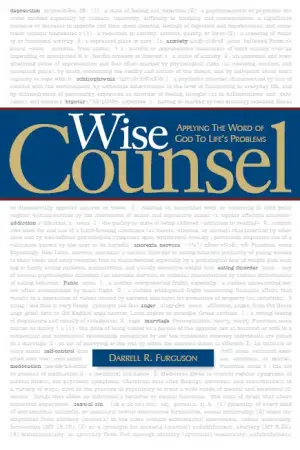Review of No-cosas: Quiebras del mundo de hoy by Byung-Chul Han
When I first picked up No-cosas: Quiebras del mundo de hoy, I was instantly drawn to Byung-Chul Han’s provocative exploration of our reality—a topic that feels all the more relevant in this digital age. As someone who constantly grapples with the impact of technology on our lives, I knew this book would be a profound journey into the depths of existence and perception. And let me tell you, it did not disappoint.
Han’s essay elegantly navigates the intricate relationship between "things" and "non-things," urging us to reconsider what we perceive as real. He posits that our digital environment is slowly "dereali-zing" our experiences and memories, a concept that resonated deeply with me. In an age where memories are often encapsulated in fleeting snippets of information, Han’s insights feel timely and urgent. I was particularly moved by his allusion to Confucius’s wisdom: “If I listen, I forget; if I see, I remember; if I do, I understand.” How true this rings in a world bustling with ghostly data, where we often overlook the tangible experiences that cultivate our understanding.
The structure of Han’s argument is sharp and rhythmic, making complex ideas approachable. He juxtaposes the solidity of “things” against the ephemeral nature of “non-things,” asserting that our society is shifting from an era of possession to an era defined by experience. This transition ignited a spark within me; it forced me to reflect on my own life choices and how I engage with the world around me. "The more I experience, the more I am," he posits, challenging us to embrace depth over breadth in our interactions.
One quote that struck a chord was his observation on the fragility of information: “Information is not a stable construct of existence.” This statement served as a sobering reminder of the vast sea of data we swim in, often at the cost of our emotional and experiential truths. The way Han weaves theories from thinkers like Erich Fromm and Vilém Flusser into his narrative showcases his depth of knowledge while grounding it in practical reflection. His assertion that "only a long use gives things a soul" is a beautiful exploration of how our experiences with the material world can shape our identities and connections.
The pacing of the book is contemplative, encouraging readers to pause and reflect along the way. Han’s style is clear and engaging, making dense philosophical concepts accessible without sacrificing depth. His analysis feels less like an academic lecture and more like a conversation with a wise friend, inviting us to dissect our realities through a critical lens.
This work is a must-read for anyone wrestling with the effects of modern technology on human connection and identity. Whether you’re a seasoned philosopher or simply curious about how technology shapes your daily life, No-cosas offers insights that can inspire meaningful dialogue.
In conclusion, this book left me pondering the intricate balance between the tangible and intangible in my own life. As we navigate this digital landscape, Han’s reflections serve as both a cautionary tale and a beacon urging us to reclaim our connection to the physical world. Highly recommended for those looking to unearth deeper truths about existence in a rapidly shifting reality!
Discover more about No-cosas: Quiebras del mundo de hoy on GoodReads >>






